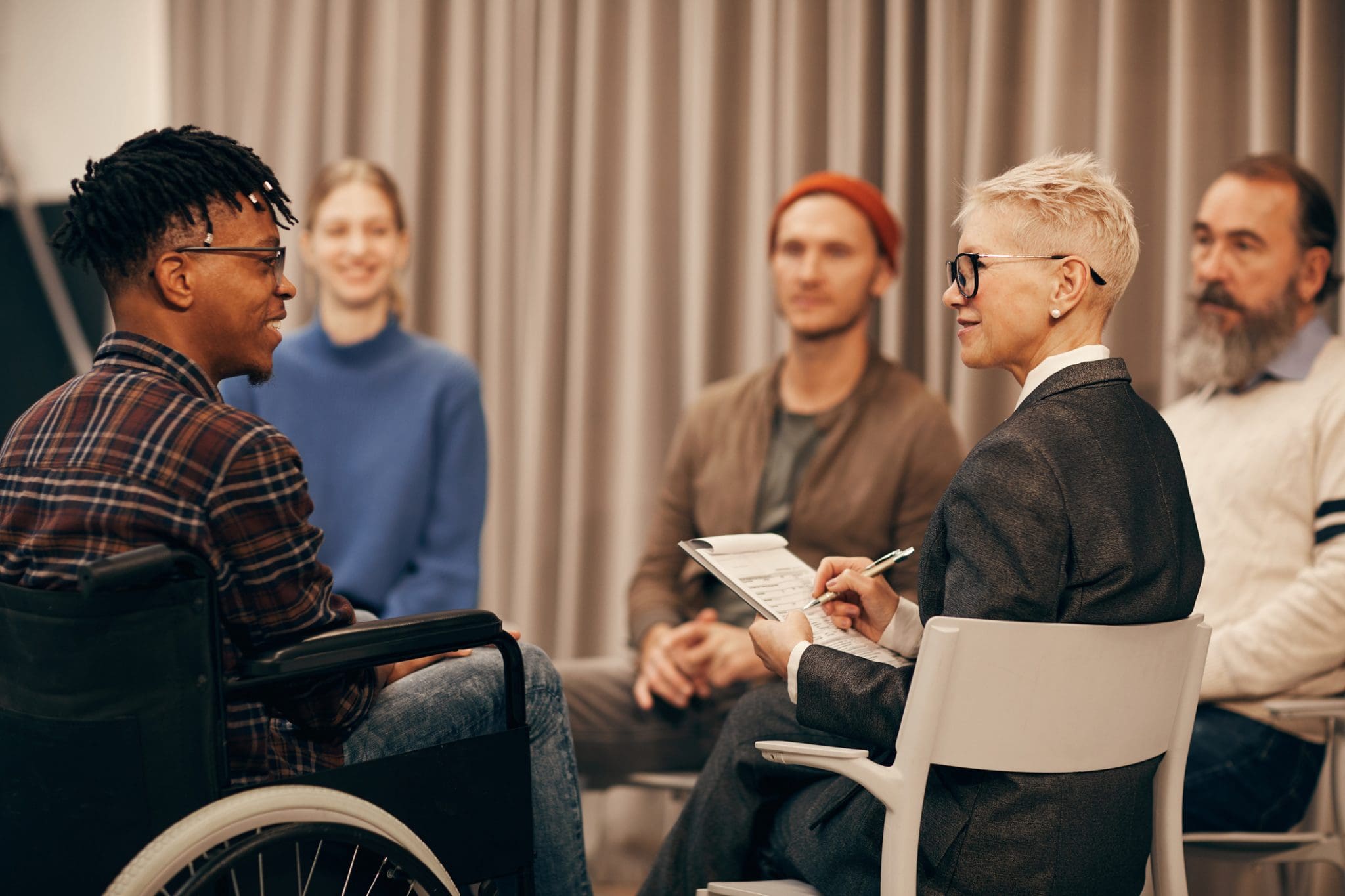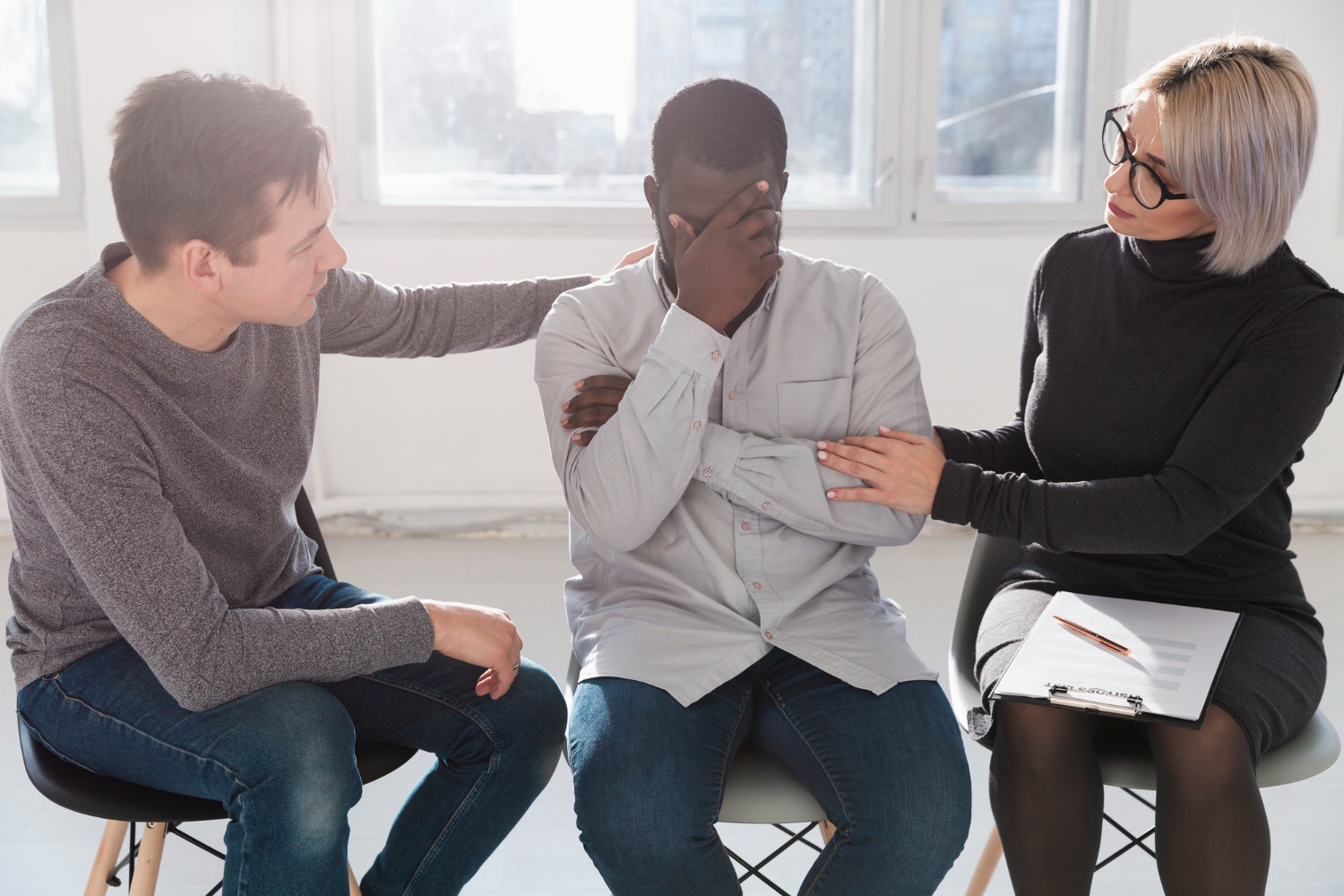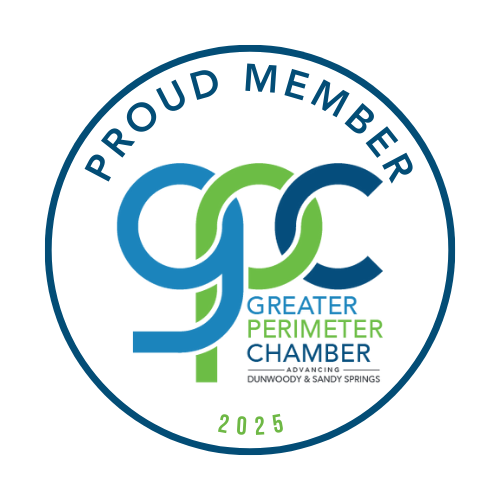If someone you love is dealing with addiction, it can be difficult for everyone involved. You must deal with watching a person essentially throw their life away, and you may feel helpless when it comes to doing anything about it. Talking to your loved one may help, but taking the right approach is essential.
This article will provide pointers on how to talk to someone facing addiction so you can get closer to helping your friend or relative overcome their dependency issues.
What Causes Addiction
It’s important to understand what causes addiction. Once you know the root of the problem, you will be better able to deal with it.
Addiction is often caused by an underlying mental illness such as depression, anxiety, bipolar disorder, PTSD, ADHD, OCD… and the list goes on. People dealing with these issues are often reluctant to get help. They may think their problem is not that bad, they may be afraid of what people will think of them if they admit they have a problem or may not have the time and money to deal with it.
Instead of getting professional care, they use drugs to treat their symptoms. While drugs provide temporary relief, they end up making matters worse in the long run. The person must now deal with addiction as well as mental illness along with all the problems that come with them.
What are the Signs of Someone Suffering from Addiction?
It’s vital to become familiar with the signs of addiction. That way, you can determine if the people around you need help.
The symptoms that appear may differ according to the drug being used, but here are some that may commonly occur.
- Mood swings
- Financial difficulties
- Legal issues
- Dishonest behavior
- Withdrawal from society
- Lack of interest in the things you once loved
- Changes in sleep patterns
- Changes in weight
- Troubled relationships
Tips on How to Talk to Someone Facing Addiction
Here are some tips to keep in mind concerning how to talk to someone facing addiction.
Establish Trust: Establish trust by avoiding lecturing, nagging, criticizing, yelling, and putting the person down. Try to limit your own addictive behaviors, which can be taken as hypocrisy, even when done in your moderation.
Consider that there are different perspectives and that stress may be fueling their addiction. Understand that there are consequences to addiction, and it’s futile to protect your loved one from these consequences. Sometimes it’s best to let them hit rock bottom, so they have no choice but to get help.
Communicate Effectively: Communicate effectively by using “I’ statements instead of “you” statements. For example, saying, “I get upset when you drink” will go over better than “You make me upset when you drink”.
Turn negatives into positives by saying things like, “I really enjoy your company when you’re sober” instead of “You’re a jerk when you’re high.”
Provide empathy by showing that you understand what your loved one is going through. Let them know that you will help them in their journey to get sober.
Participate in their Recovery: Once your loved one decides to get help, continue playing an active part in their recovery by boosting efforts to establish trust and being honest about your feelings. Don’t blame or criticize them and respect their privacy.
Don’t be surprised if your loved one blames you for their addiction. Stay calm and remain open-minded to what they have to say.
Atlanta Recovery Place Can Help
It can be helpful to your loved ones if you actively find a facility you feel is right for them. There are many out there, but Atlanta Recovery Place takes an approach that sets us apart.
Atlanta Recovery Place offers a variety of outpatient treatments allowing patients to recover while going about their everyday lives. We offer dual diagnosis therapy, which simultaneously addresses addiction and its underlying symptoms. We know every patient is different, and we take a customized approach to find a program best suited to their needs. Talking to someone about addiction is not easy. The tips in this article will help you take the right approach. Once your loved one is ready, contact Atlanta Recovery Place first. We will give you both the strength you need to make it through.









